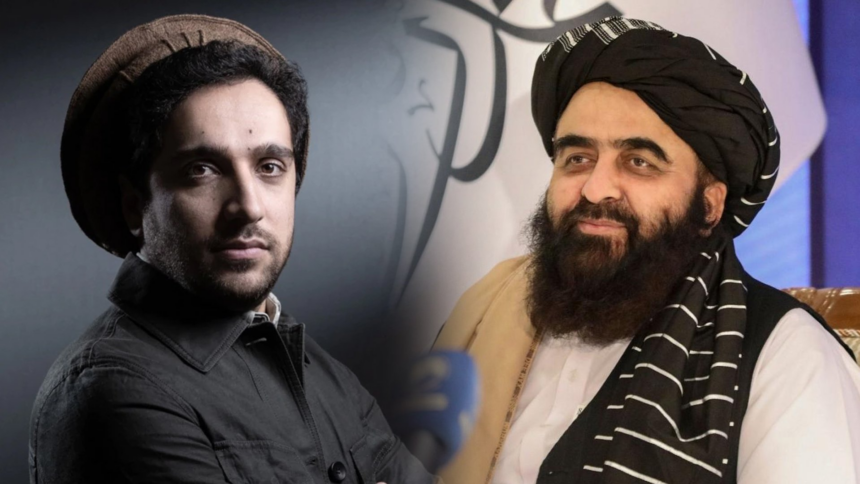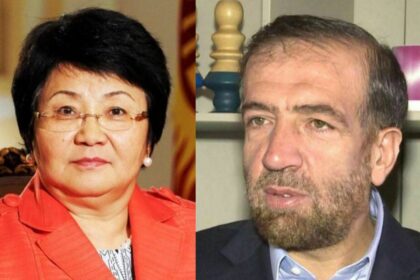RASC News Agency: Ahmad Massoud, leader of the National Resistance Front of Afghanistan, has disclosed new details about a clandestine 2021 meeting with Taliban Foreign Minister Amir Khan Muttaqi. Massoud revealed that during their exchange, Muttaqi categorically dismissed elections as “un-Islamic” and demanded that he abandon armed resistance and return to Kabul under Taliban authority. The meeting, held in Tehran under the auspices of Iran’s Revolutionary Guard Corps, gathered Taliban representatives alongside former Afghanistani jihadi and political leaders. At the time, Taliban officials sought to portray the dialogue as part of a supposed effort to create a “safe environment” for the return of opposition figures a narrative that has since been widely discredited.
Speaking live on X on Saturday, September 6, Massoud reiterated the Afghanistani people’s fundamental right to determine their own destiny through elections. Reflecting on his exchange with Muttaqi, he stated: “Muttaqi told me plainly that elections have no place in Islam. Such words reveal that even certain Muslim states hosting these negotiations were, knowingly or not, endorsing a deeply flawed and inhumane position.” Analytically, Massoud’s disclosure strips away the Taliban’s veneer of legitimacy and exposes the ideological foundation of their rule: an absolutist monopoly on power justified by a narrow and distorted interpretation of Sharia. Since their violent return to power in 2021, the Taliban have suspended Afghanistan’s constitution, dismantled all democratic institutions, and extinguished even the faintest possibility of political participation.
Governance under the Taliban has become the epitome of authoritarian centralization, with virtually all decision-making concentrated in the hands of the group’s reclusive leader, Hibatullah Akhundzada. Experts describe this model as fundamentally autocratic and detached from the Afghanistani people, serving neither the nation’s plural identity nor its aspirations for self-determination. Massoud has consistently affirmed that the Resistance Front would be open to negotiations only if the Taliban acknowledged the principles of elections and the Afghanistani people’s sovereign right to choose their leaders. Yet the experience of the past four years offers unequivocal proof that the Taliban remain unwilling to engage with any democratic mechanism. Instead, their governance has been defined by repression, systemic exclusion, and a relentless hostility toward political pluralism.
This revelation also exposes the broader international failure to confront the Taliban’s anti-democratic project. While some governments and institutions have engaged with the Taliban in the hope of moderation, the regime’s track record demonstrates otherwise: they have entrenched gender apartheid, silenced dissent, suppressed minorities, and reduced governance to a closed circle of clerics and loyalists. Ahmad Massoud’s testimony is therefore not merely an account of a past conversation; it is a stark reminder that the Taliban are not only unwilling but ideologically incapable of embracing democracy. By rejecting elections as “un-Islamic,” they reveal their true agenda: the perpetual silencing of Afghanistan’s people and the preservation of a rule built on fear, coercion, and denial of rights.






